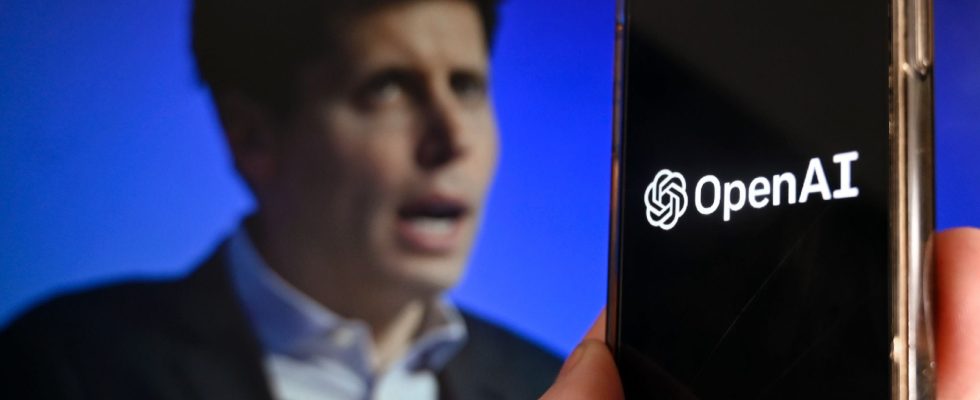Since the arrival of ChatGPT, the promises of generative artificial intelligence have gripped the planet, opening the door to a bright future capable of creating a productivity shock on par with the introduction of microcomputing in the 1990s It was obvious that companies and individuals were going to spend crazy amounts of money to equip themselves with these new technologies. A generation of start-ups found themselves raising billions. Unfortunately, the technological promise seems to have difficulty translating into an economic miracle. And the first signs of an artificial intelligence winter are beginning to appear where scalded investors are withdrawing.
Announcements of colossal fundraising have been followed, in recent weeks, by less rosy news. Companies are forced to sell to bigger competitors. Microsoft thus swallowed Inflection AI, getting its hands on valuable talent, for a confidential price, but, according to some sources, much lower than the billion and a half dollars invested in the company since its creation in 2022. Two weeks ago, it is the controversial CEO of Stability AI, a company known for having published the automated image generation model Stable Diffusion in 2022, who announced his resignation, apparently under pressure from his investors Lightspeed Venture Partners and Coatue Management.
It must be said that the depth of the market is not as high as expected. With the exception of the giant OpenAI, whose 1.3 billion dollars in recurring revenue constitutes the best start for a software company in history, and the company Anthropic, which would have reached 200 million by the end of last year, the ability to generate revenue from other competitors disappoints. Cohere, which has raised $445 million since its creation in 2019, would barely reach 13 million in recurring revenue annually, when Perplexity, an Internet search engine based on artificial intelligence having accumulated 100 million investments, just surpassed $10 million in revenue. Stability AI topped out at between $8 million and $11 million.
Cost explosion
Bank of America analysts warned that the Copilot tool, which costs up to five times that of the Microsoft 365 license, was, at this stage of initial penetration, having no impact on the software giant’s revenue. ‘computer science. Worse: without even talking about open source alternatives, the proliferation of players has led to a real price war for proprietary models. At OpenAI, the cost of a “token” [NDLR : l’unité élémentaire de texte dont est composée la requête] was halved in January. GPT-4 Turbo cost 15 dollars for a million tokens, but competition from Mistral Large, sold at 12 dollars, just pushed OpenAI last Thursday to lower it to 10 dollars. Grok, the model of xAI, Elon Musk’s company, has decided to offer a price four times lower than the latter. And Databricks has just published an open source DBRX model presented as twenty times cheaper than GPT-4.
Faced with these modest incomes, costs explode. The consumption of computing power, and therefore energy, is daunting. Stability AI could not have honored payments of this order, amounting to $99 million. Hence the massive investments announced by the managers of data centers such as Amazon Web Services or Microsoft Azure. They often grant them to start-ups in the form of computing power credits, which increases their turnover at a low cost.
To give an order of magnitude of the sums required, Microsoft and OpenAI are reportedly working on a data center that could cost up to $100 billion. In addition to computing power, the other rare, and therefore expensive, resource is talent. The champions of the sector are competing for artificial intelligence leaders with annual salaries of several million. Proof that one day we will have to monetize these pretty toys: Google plans to break with its historical doctrine of free by charging for features powered by generative artificial intelligence.
Robin Rivaton is Managing Director of Stonal and member of the Scientific Council of the Foundation for Political Innovation (Fondapol).
.
